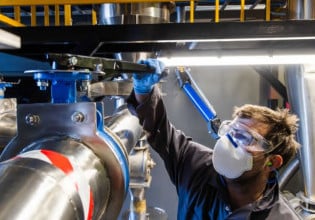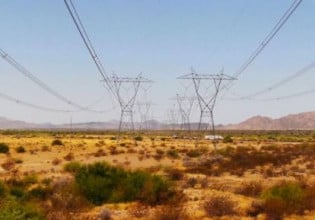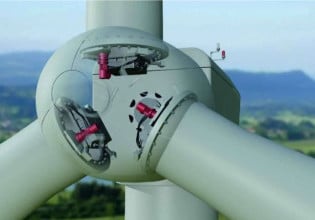High-Performance Capacitors: Breakthroughs in Licensing, Certification, and Innovation
Advances in the capacitor marketplace come in many forms, including new opportunities for licensing, certification achievements, and new technologies. This article examines some of the major developments in the capacitor marketplace.
Capacitors are such a ubiquitous and long-standing component that it can be hard to imagine that there is still innovation in the field. However, this is hardly the case. Instead, since capacitors are so commonplace, it is particularly important to push the industry forward.
Recent weeks have seen a slew of innovations in the high-performing capacitor market, with developments in areas like lithium-ion capacitors, hybrid capacitors, and supercapacitors.
Asahi Kasei Licenses Technology for Lithium-Ion Capacitors
The first piece of news in the capacitor industry comes from Asahi Kasei, which has begun licensing its proprietary technology for designing and manufacturing lithium-ion capacitors (LiCs).
Blending the best capacitors and lithium-ion batteries, LiCs are a unique technology that combines high voltage, high capacity, and high input/output characteristics. Asahi Kasei claims to have developed a unique and proprietary lithium pre-doping technique that involves using lithium carbonate as the source of lithium ions in the capacitor. Their technique claims lower-cost development of LiCs and input/output performance improvements up to 1.3x.
A LiC compared to other forms of energy storage. Image used courtesy of Asahi Kasei
To make their technology available to the masses, Asahi Kasei will license it. As part of the licensing, customers will have access to both Asahi Kasei's intellectual property and technical expertise, such as cell design and manufacturing with pilot equipment.
Musashi Hybrid Supercapacitors Receive UL Certification
Musashi Energy Solutions, another competitor in the marketplace, has received UL810A certification from UL Solutions for its hybrid supercapacitor solutions.
Previously called a Lithium Ion Capacitor, Muasashi’s new Hybrid Supercapacitor is designed to provide energy storage in uninterruptible power supplies (UPS) in data centers. The UPS system is rated for 1 MW-class energy storage and is backed by UL’s certification, so customers know it’s safe to use. The certification has been awarded to Musashi’s CPP4100SA, CPP4101SA, CPQ3300SD, and CPQ3301SD products.
Musashi’s hybrid supercapacitor. Image used courtesy of Musashi Energy Solutions
Focused on creating energy storage systems for data center UPS, Musashi leverages the hybrid supercapacitor's high power output and longevity. This technology reduces equipment size, weight, and total cost of ownership, contributing to sustainability goals and the pursuit of a carbon-neutral society.
MIT Engineers Create Supercapacitor From Ancient Materials
In academia, MIT researchers have created a new form of supercapacitor.
The MIT research aimed to overcome the challenges of sustainability and material sourcing by creating a supercapacitor from cement and carbon black, two of the most abundant materials on earth. The researchers created a cement-based material with a high internal surface area by introducing carbon black into a concrete mixture with cement powder and water. As the cement hardened, carbon formed wire-like structures, resulting in a large surface area essential for a supercapacitor's function.
This groundbreaking approach to supercapacitors represents a significant step towards making renewable energy more affordable and accessible. By utilizing common materials and innovative design, the MIT team has opened new possibilities in energy storage, aligning with global sustainability goals and the shift towards renewable energy sources.
A Bright Future for Capacitors
The integration of capacitors into various applications, from energy storage to transportation and construction, reflects the growing recognition of their essential role in modern technology. As the world seeks sustainable and efficient energy solutions, capacitors are poised to play an even more significant role in shaping the future of energy and technology. Whether it's enhancing existing products or pioneering new applications, the recent developments in the capacitor industry are a good sign for the future of the field.








